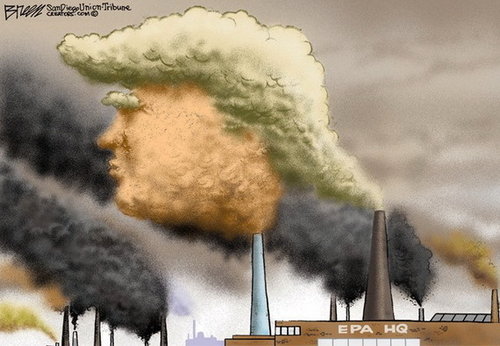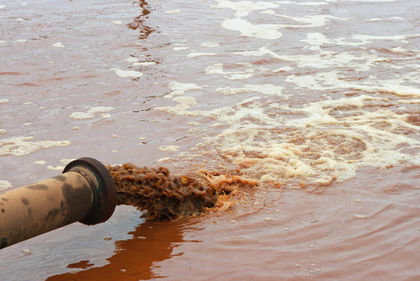mkmatheson
New member
I'd like to hear opinions about the piece below from the New York Times of 2 July. As sportsmen and women, there's not a person on this forum who doesn't see the need to protect habitat. It's the only thing that keeps our recreation viable.
In particular, comments on the changes in clean power, clean water, methane leaks, and pesticides and their negative affect on health. This is not meant to provoke a battle of entrenched political positions, but rather to open dialogue in an attempt to square the circle of everyone who benefits from our good fortune of having millions of acres open for recreation and the potential threats our land could face.
https://www.nytimes.com/2017/07/01/...-chief-pruitt-regulations-climate-change.html
In particular, comments on the changes in clean power, clean water, methane leaks, and pesticides and their negative affect on health. This is not meant to provoke a battle of entrenched political positions, but rather to open dialogue in an attempt to square the circle of everyone who benefits from our good fortune of having millions of acres open for recreation and the potential threats our land could face.
https://www.nytimes.com/2017/07/01/...-chief-pruitt-regulations-climate-change.html






